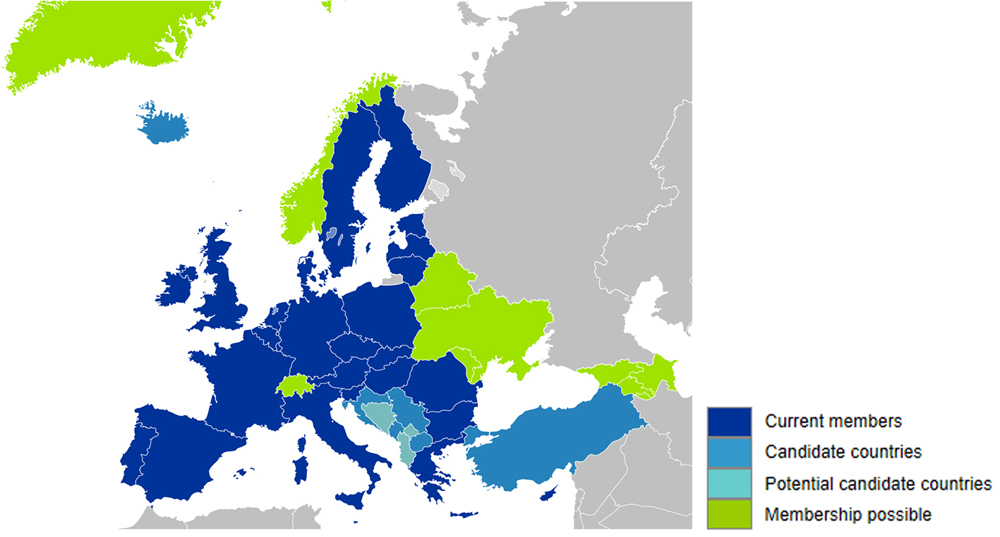| << Chapter < Page | Chapter >> Page > |
In studying the economies of developing countries to see if they go through the same stages as previously developed nations did, sociologists have observed a pattern they call convergence. This describes the theory that societies move toward similarity over time as their economies develop.
Convergence theory explains that as a country's economy grows, its societal organization changes to become more like that of an industrialized society. Rather than staying in one job for a lifetime, people begin to move from job to job as conditions improve and opportunities arise. This means the workforce needs continual training and retraining. Workers move from rural areas to cities as they become centers of economic activity, and the government takes a larger role in providing expanded public services (Kerr et al. 1960).
Supporters of the theory point to Germany, France, and Japan—countries that rapidly rebuilt their economies after World War II. They point out how, in the 1960s and 1970s, East Asian countries like Singapore, South Korea, and Taiwan converged with countries with developed economies. They are now considered developed countries themselves.

To experience this rapid growth, the economies of developing countries must to be able to attract inexpensive capital to invest in new businesses and to improve traditionally low productivity. They need access to new, international markets for buying the goods. If these characteristics are not in place, then their economies cannot catch up. This is why the economies of some countries are diverging rather than converging (Abramovitz 1986).
Another key characteristic of economic growth regards the implementation of technology. A developing country can bypass some steps of implementing technology that other nations faced earlier. Television and telephone systems are a good example. While developed countries spent significant time and money establishing elaborate system infrastructures based on metal wires or fiber-optic cables, developing countries today can go directly to cell phone and satellite transmission with much less investment.
Another factor affects convergence concerning social structure. Early in their development, countries such as Brazil and Cuba had economies based on cash crops (coffee or sugarcane, for instance) grown on large plantations by unskilled workers. The elite ran the plantations and the government, with little interest in training and educating the populace for other endeavors. This restricted economic growth until the power of the wealthy plantation owners was challenged (Sokoloff and Engerman 2000). Improved economies generally lead to wider social improvement. Society benefits from improved educational systems and allowed people more time to devote to learning and leisure.
Now that we’ve developed an understanding of the history and basic components of economies, let’s turn to theory. How might social scientists study these topics? What questions do they ask? What theories do they develop to add to the body of sociological knowledge?

Notification Switch
Would you like to follow the 'Introduction to sociology 2e' conversation and receive update notifications?